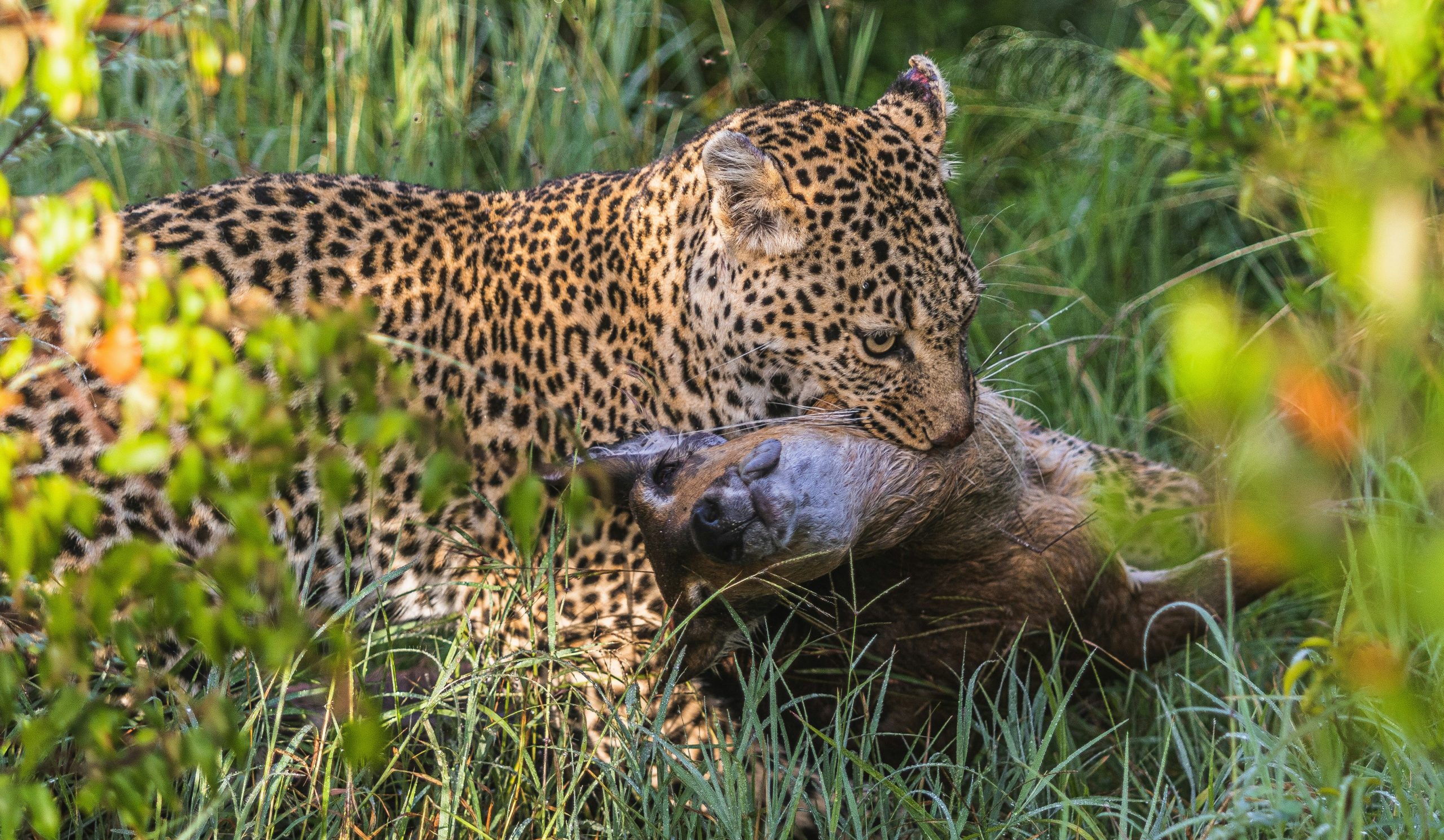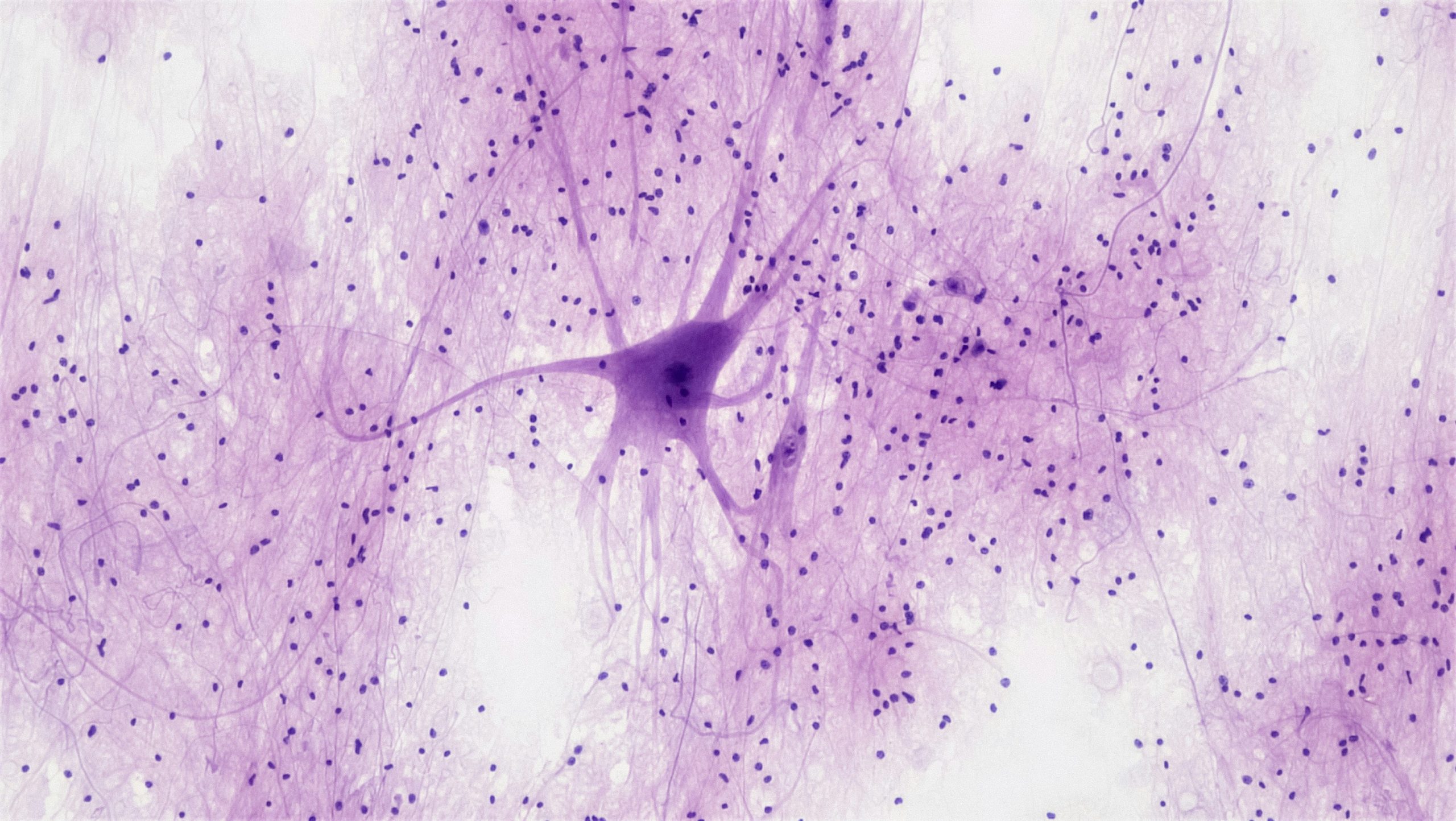Jessie D’Urso, Year 12, Nonsuch High School for Girls, Surrey
“In every moment of the day, in the middle of any day, I can become newly engaged with the world. Newly competent. There’s so much to discover!”
This quote conjures to mind someone brilliant: Darwin, Hawking or Einstein, plotting their radical theories. Yet these are not their words, but those of Sharman Apt, an ordinary person like you or I, whose latest exploits are unlikely to change the world. But in many ways, they will. She, like many, is a citizen scientist.
Citizen scientists are a global community of volunteers working on vital scientific studies around the world from home. Schoolchildren, parents, grandparents – anyone – can record, analyze, and classify data in ways algorithms and experts cannot. As put by Marc Kuchner from the project ‘Backyard Worlds’, ‘There’s still no replacement for the human eye’.
In 2007, astrophysicists at Oxford University faced a major problem. With millions of pictures of galaxies, which were essential for their research into stellar birth, they had no resources to classify them. As a solution, they created the online project Galaxy Zoo. This was one of the first projects to gather an online crowd to partake in an academic research study. A year later, over 50 million galaxy classifications had been made by dutiful citizen scientists, known fondly as ‘Zooites’. On 12th December 2009, the site morphed into the Zooniverse; a major citizen science platform with over 50 projects available today. Since 2009, over 2 million ‘Zooites’ have made 530,000,000 classifications with over 100 peer-reviewed papers published from data collected.
An internet search returns thousands of projects. These range from monitoring antibiotic resistance, recording climate history, tracking seal, pelican, and penguin populations, detecting earthquakes, searching for muons, categorizing whale song and spotting black holes. It would be a challenge to find an area of science which hasn’t been influenced by diligent citizen scientists.
Stuck inside during lockdown, volunteers were able to record any coronavirus symptoms on the ‘C-19’ app. This allows statisticians, virologists, and epidemiologists to monitor coronavirus to learn more about its nature and how to contain it. ‘Foldit’ has proven to be a vital project during the pandemic. Volunteers are challenged to fold different antiviral protein patterns, giving an understanding of the structure, functions, and binding mechanisms of the Covid-19 pathogen. This is crucial work in finding a vaccine. Foldit was originally designed to help find cures for cancers, AIDS, and hosts of diseases, and has been both successful and useful for scientists. In 2011, participants solved the riddle of a complex HIV enzyme in three weeks.
Citizen science probes into realms that normal scientists have not. Using GalaxyZoo, Dutch school teacher Hanny van Arkel, discovered a glowing green gas cloud which no astronomer recognised. A long journey ensued to try to uncover its origins, even using the celebrated Hubble Space Telescope and global telescope network, but to no avail. Christened ‘Hanny’s voorwerp’, it appears as a bright blob next to the spiral galaxy IC2497 and several similar ‘voorwerps’ have been found since. People see what computers cannot, giving greater depths to research.
Even NASA uses citizen science in a variety of areas, including measuring pollution, asteroid hunting, classifying transits from the Kepler telescope, exploring the lunar surface, and helping plot safe routes for the Curiosity rover. These are no minor projects – these rovers and telescopes have billions of dollars, time and entire careers invested in them. Being trusted with them is a massive breakthrough for citizen scientists globally.
Citizen science breaks barriers between modern science and the public, allowing even the smallest child to begin what may become the love of their life. Inspiring means influencing or impelling. Contributing to something important inspires, giving rejuvenation of the scientific excitement and wonder. Citizens can have their discoveries published in journals alongside the world’s scientific leaders. Science has become the effort of everyone, not just specialists.
The most inspirational scientists surround us. Curious, willing to know more about the world; helping professionals build the bigger picture. Taking on the work of professionals as a hobby for the good of scientific progress, for simple pleasure. Working on all varieties of science to advance as a scientific community, not a community of scientists.
Runner-up for the Schools Science Writing Competition, Michaelmas Term, 2020
Image credit: Timon Studler via Unsplash





